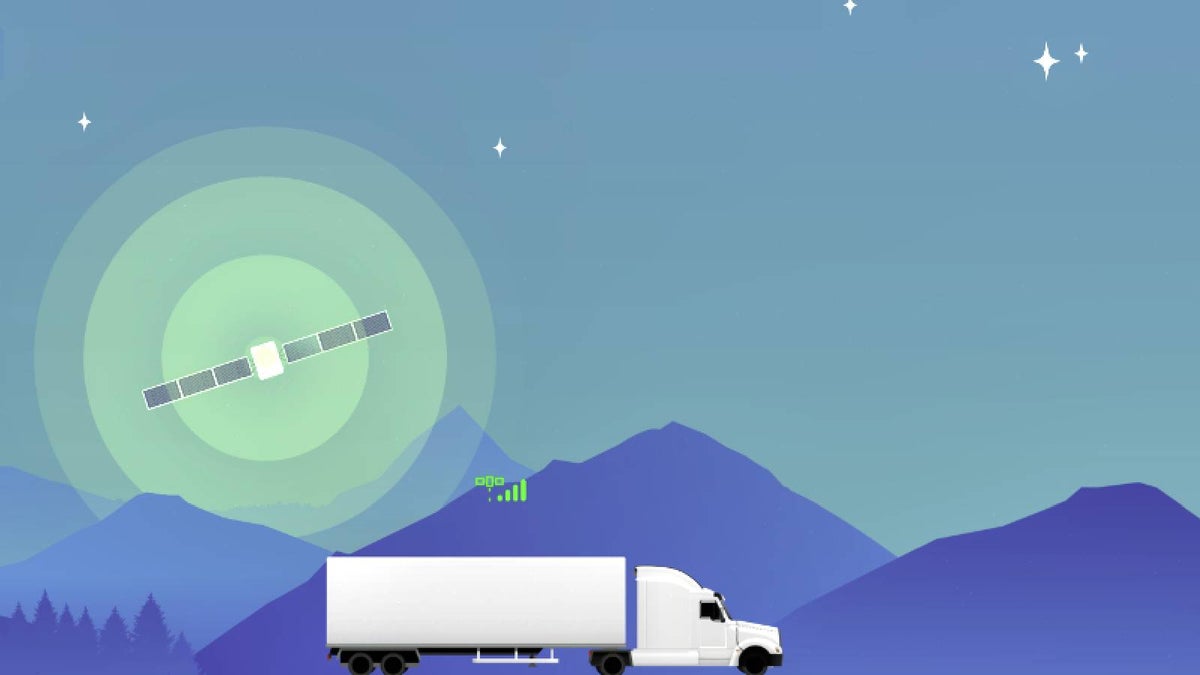Verizon plans on rolling out satellite-based emergency messaging and location sharing features in the coming months, followed by satellite texting next year.
Skylo uses a dedicated, licensed mobile satellite spectrum for providing connectivity, meaning it doesn’t have to worry about issues such as causing interference with other networks, which is proving to be a roadblock for T-Mobile and SpaceX’s direct-to-cellular service.
If everything goes to plan, Verizon will become the first carrier in the world to launch supplemental smartphone connectivity using Skylo’s non-terrestrial satellite network.
Google is already using Skylo’s non-terrestrial network radio access network (RAN) system to bring satellite connectivity to the Pixel 9. Skylo’s RAN service connects with Echostar, Viasat, Ligado Networks, and TerreStar satellites and doesn’t depend on spectrum owned by mobile networks for the SOS emergency messaging service.
Verizon is expanding the capability to let Pixel 9 users and owners of other compatible devices send text messages via satellite, according to CNET. The Galaxy S25, which will presumably be released early next line, is the second in line to get the feature.
Since Skylo operates its services over L-band satellites, they will only work on 3GPP Release 17 compliant phones, such as the Pixel 9 and the Galaxy S25.
Verizon will not charge its user for Skylo’s satellite functionality and it will work for all plans. The company also intends to add support for data connections using satellites in the future.
Side by side, Verizon is also working with AST SpaceMobile but that direct-to-device service can’t be launched until AST’s “satellite array is launched and functional.”
